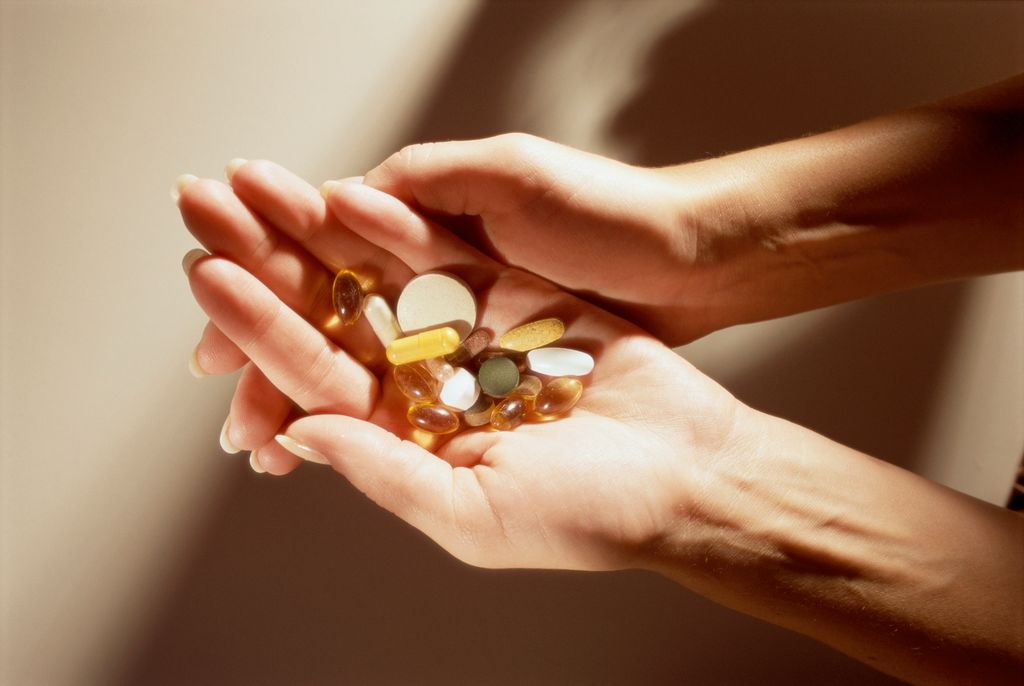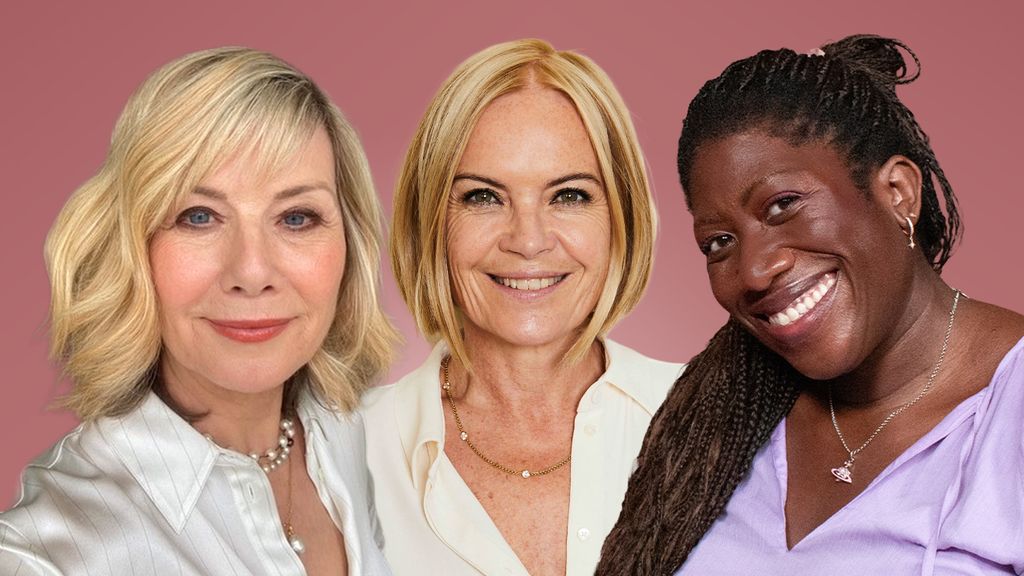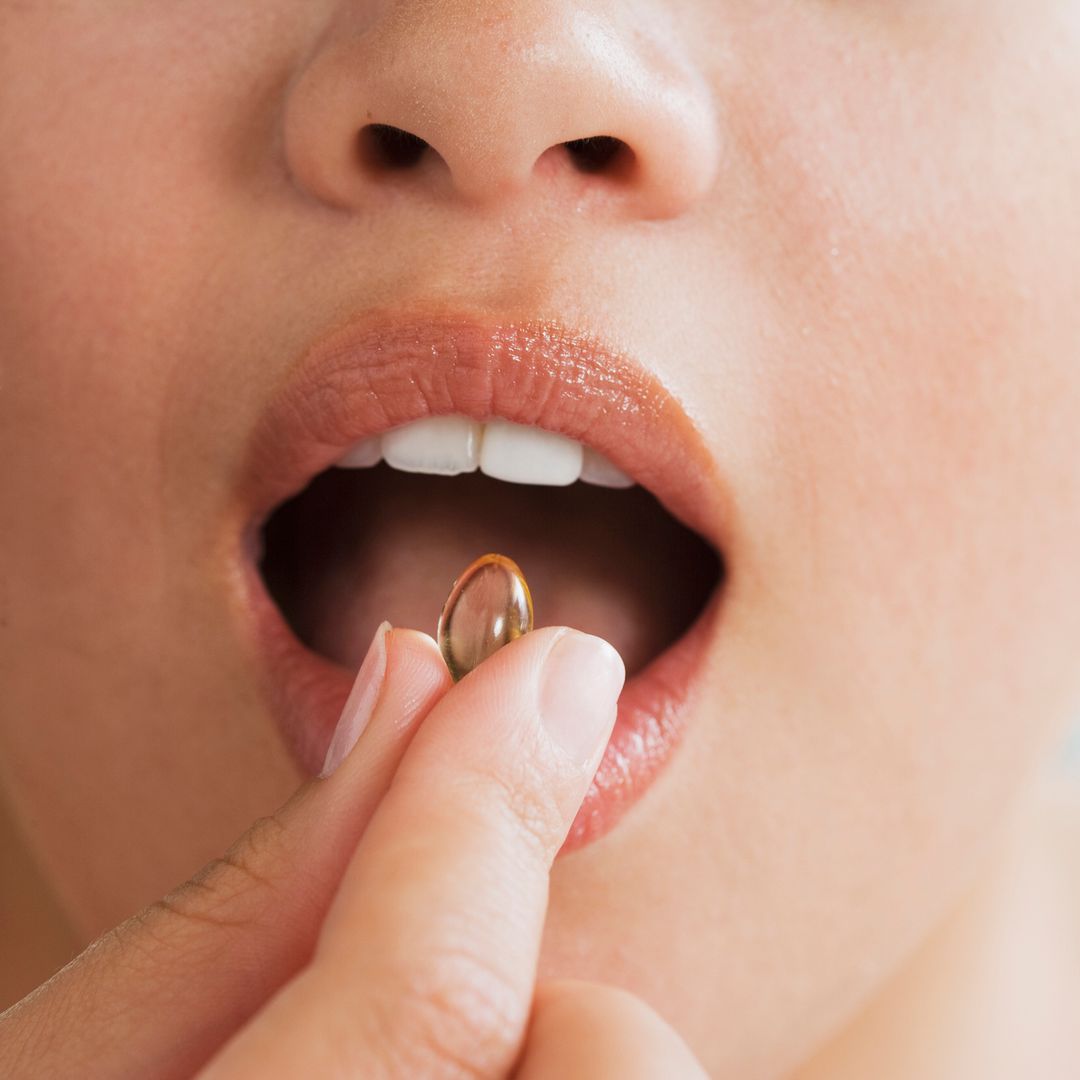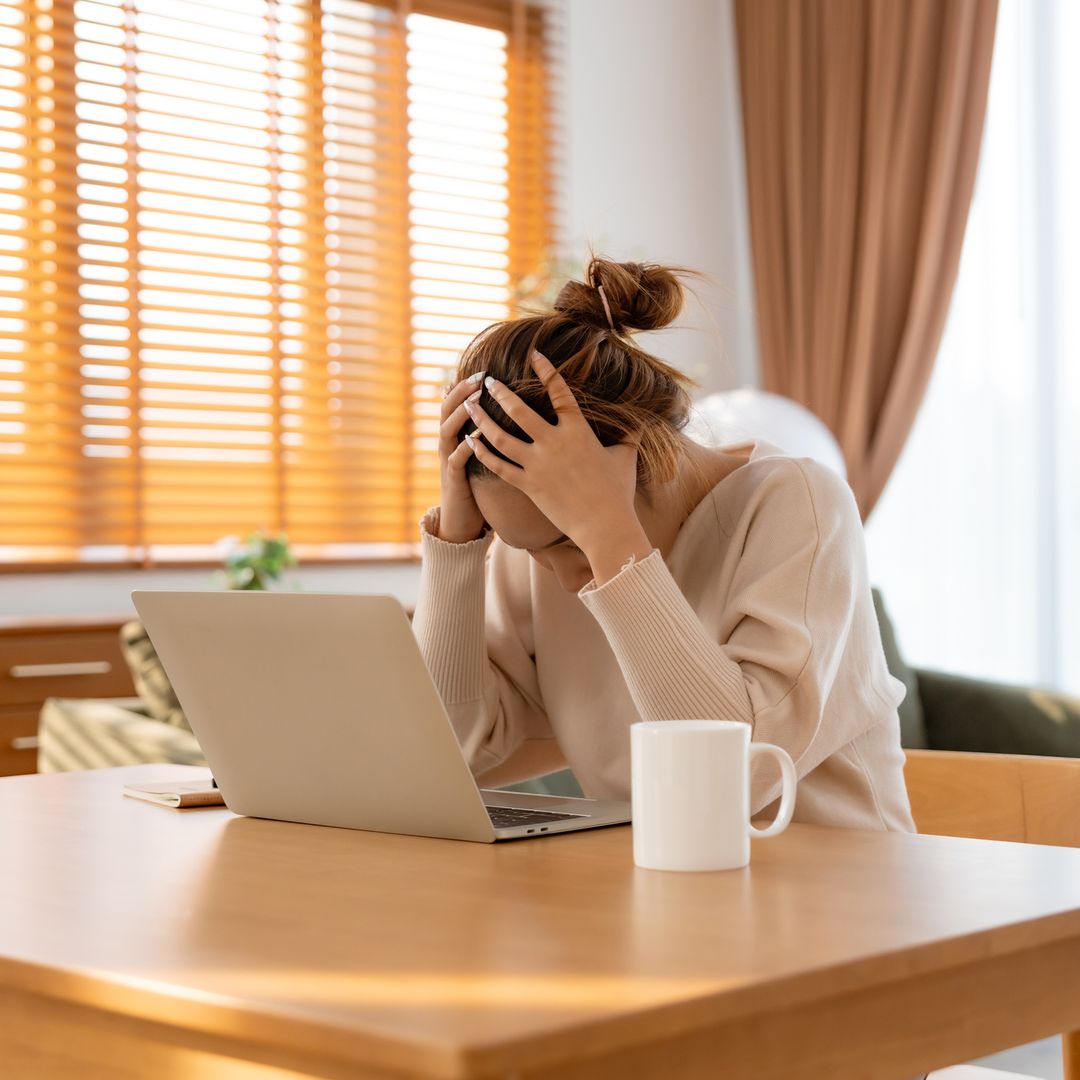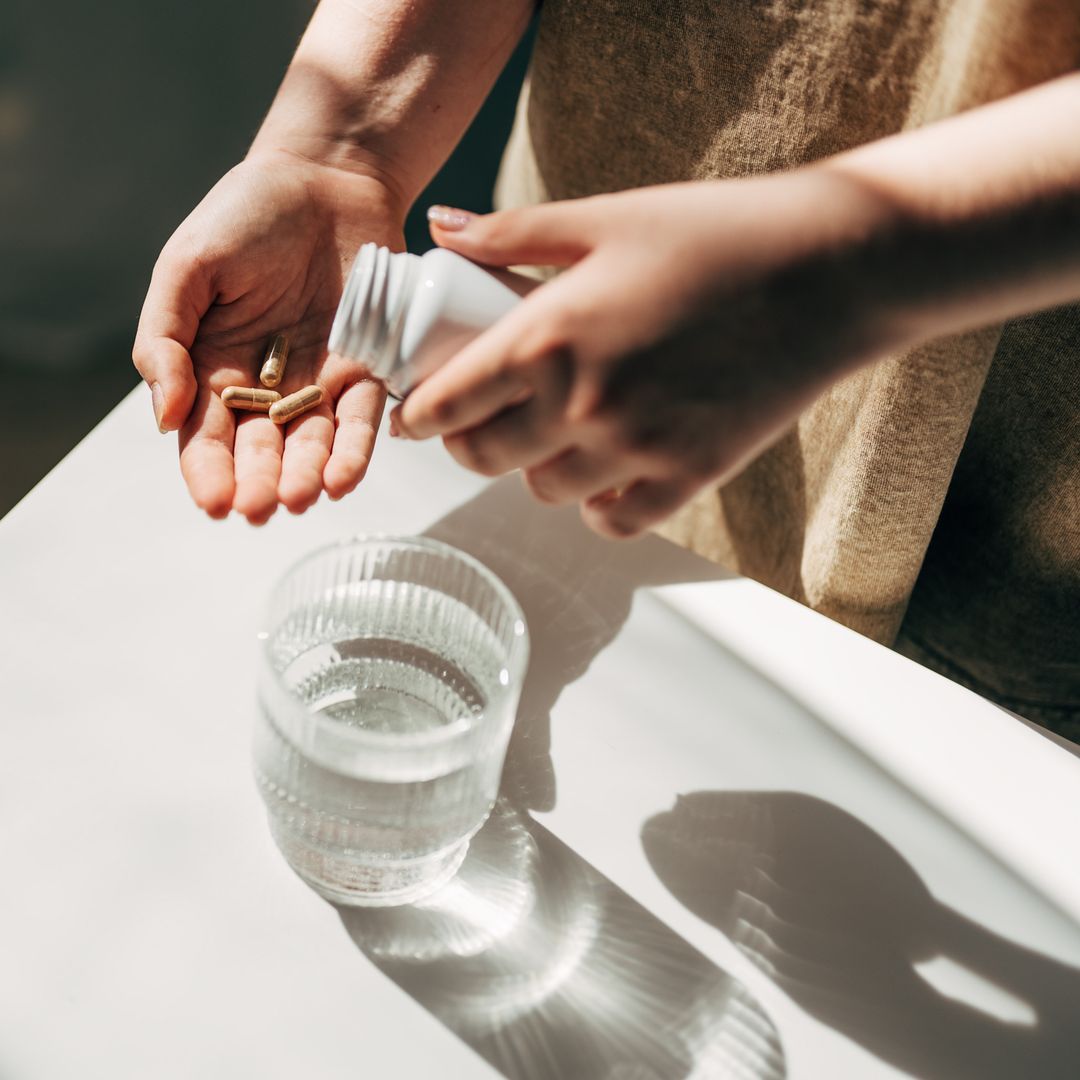If you've been to Boots lately (or Tesco, Waitrose or Sainsbury's, for that matter), you were likely overwhelmed by the sheer number of menopause supplements lining the shelves.
From pills to potions, there are endless pots promising the world when it comes to menopause support, but the BBC's recent Panorama documentary, The Menopause Industry Uncovered, revealed that the majority of the menopause supplements on offer haven't been trialled for effectiveness.
Women are drowning in menopause information, yet much of it is unsubstantiated. To cut through the noise, we spoke to pharmacist Laura Dowling for her no-nonsense advice for the ingredients you need to look for when buying menopause supplements – and they're all available in the pharmacy to add to your basket when you're picking up your prescriptions.
"It is so important that you understand that supplements are not a substitute for a good diet, plenty of sleep if you can get it and a solid exercise routine," Laura, who is founder of supplement brand fabÜ, notes, adding: "There are so many supplements on the market to help you through this life stage, but it is really important to seek out a reputable brand and also to seek advice from your healthcare practitioner."
Pharmacist-approved menopause supplements
For hormonal regulation and fatigue: B vitamins
"Vitamin B6 is really good for hormonal regulation," says Laura. "Vitamin B12 for psychological function is helpful and can help with tiredness and fatigue."
For sleep: Magnesium
"Magnesium is very good for tiredness and fatigue," says Laura. "A lot of people take it at night-time, and it can also help with restless legs."
DISCOVER: Why can't I sleep during menopause? The real reason
For bone health: Vitamin D and K2
"A diet rich in calcium is so important for healthy bones and vitamins D and K2 can help," Laura says. "Bone health is so important for women going through perimenopause and menopause - we need to be looking after our bones.
"As well as supplementation, we need to do strength and weight-bearing exercises because our bones can become less dense and weaker, which means that when we fall, we might break our bones.
"A lot of us get enough calcium through our diet alone with dairy, green leafy vegetables, and tinned fish, but if your doctor has recommended a calcium supplement for you, follow their advice."
For blood glucose control: Chromium
"Chromium is important for blood glucose control and can help with sugar cravings."
READ: I promise you will learn to love your life again after menopause
To balance and calm: Botanicals and functional mushrooms
"Botanicals and functional mushrooms can also make a huge difference when it comes to perimenopause and menopause," says Laura. "For balance and to calm, lion's mane mushroom is an excellent functional mushroom that may also help to support your brain. I often hear women say how much it makes them feel that little bit more like themselves and that's what we all want."
READ: Why are so many midlife women doing mushrooms?
For brain health: Omega 3
"Omega 3 is important for your brain health, your skin and your heart," says Laura. "You can get omega 3 in your diet with fish, nuts and seeds, but if you're not eating those on a regular basis, you could consider supplementation with an omega 3 oil.



